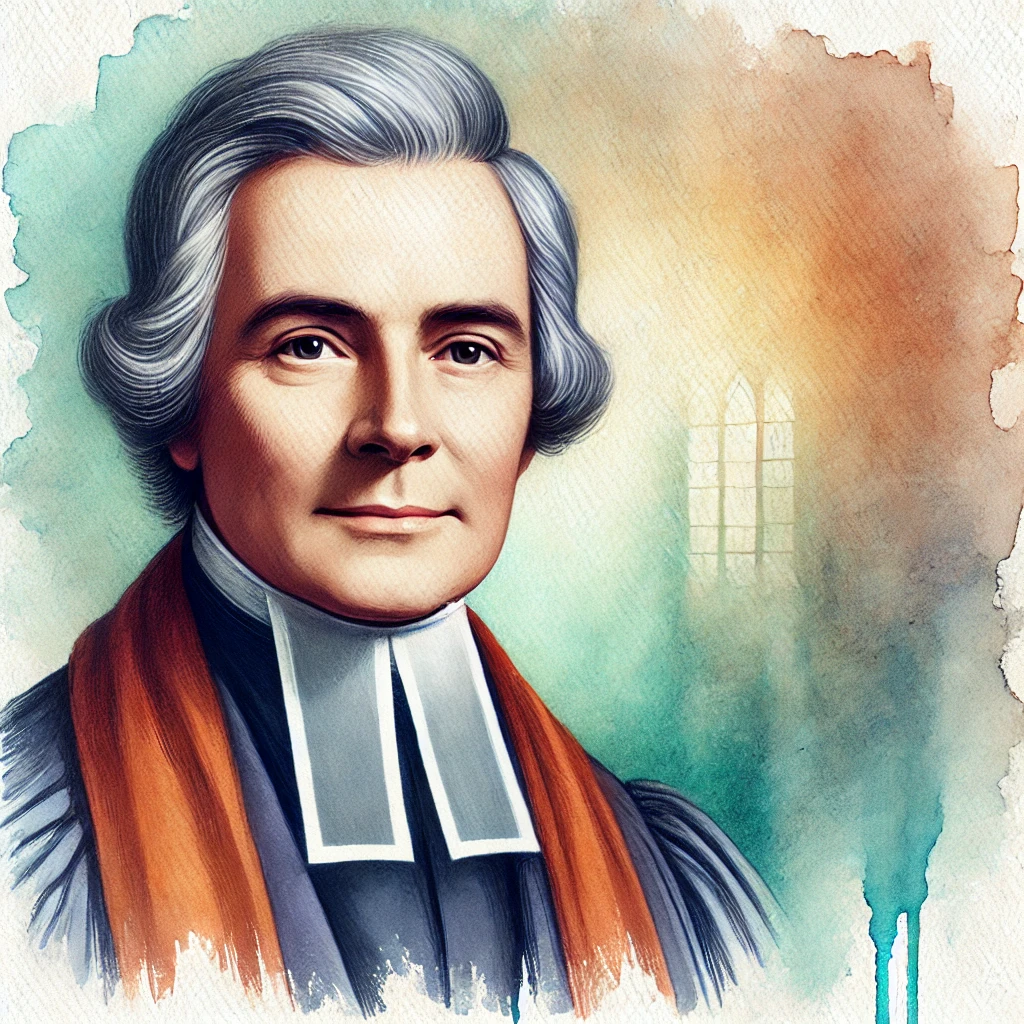8th February, 2026
A Fountain Publication

The Lodestar
Online Magazine for the Thinking Christian

Views
Wesleyan Theology: Grace, Growth, and Social Action
Wesleyan theology blends divine grace with human responsibility, shaping both faith and action. From prevenient grace to sanctification and social justice, its transformative power remains relevant today. Read to discover how it inspires and challenges us.
By Prajwal Sudhir Joglekar on 6th February, 2025
Wesleyan theology, which gained prominence during John Wesley's revival in the 18th century, is a powerful blend of doctrinal focus and practical divinity. It offers a robust doctrinal framework and is transformative in the real world. This tradition, which underscores the interplay of divine grace and human accountability, encourages in-depth scholarly exploration of its foundational principles and contemporary implications, instilling a sense of inspiration and hope in its transformative power.
Prevenient Grace
The central tenet of Wesleyan theology is the doctrine of prevenient grace, which asserts that God's grace precedes and enables people's capacity for faith and repentance. This theory places divine initiative before any human choice, democratizing the prospect of salvation and ensuring that each person can respond to God's call. This theological concept underscores the significance of divine compassion while affirming human agency and challenging deterministic theories of divine election, making the audience feel included and valued in salvation.
Justification and sanctification
Wesleyan theology, built on prevenient grace, further distinguishes between two interconnected but distinct stages in a believer's spiritual journey: justification and sanctification. Sanctification, a continuous process through which believers are gradually transformed into the likeness of Christ, complements justification, which is seen as the final act of divine mercy that pardons sin. This emphasis on the ongoing nature of sanctification in Wesleyan theology encourages and motivates the audience in their spiritual journey.
Practical Divinity and Social Engagement
Another characteristic that sets Wesleyan theology apart is its emphasis on practical divinity, which maintains that doctrinal convictions must always translate into lived experience. This viewpoint, which has traditionally inspired many social reform movements, such as the abolition of slavery and the promotion of women's rights, strongly emphasises applying faith to concerns about equity, justice, and the well-being of society. Wesleyan theology challenges the idea that faith and works are two separate things. Instead, it encourages people to get involved in the bigger picture of society, where moral problems always arise, by combining their sanctification with their commitment to changing society.
Scholarly Debates and Critiques
Wesleyan theology has sparked scholarly debates, especially about the entire sanctification. This concept, also known as Christian perfection, is the belief that through the power of the Holy Spirit, believers can be cleansed from original sin and filled with love for God and others. Critics argue that this pursuit of moral purity and perfect love may set unattainable expectations for believers, leading to moral rigidity or disillusionment. Advocates, however, see this aspirational vision as a motivating ideal that promotes ongoing spiritual development and ethical improvement. This dialectic, which contrasts supernatural empowerment with human limitations, remains a popular subject for critical re-examination and scholarly investigation.
Wesleyan theology provides a comprehensive framework that combines a practical dedication to social justice and moral behaviour with justification, sanctification, and preventive grace. Its nuanced view of human agency and divine grace offers a solid foundation for personal spiritual growth and emphasises the need for moral conduct in public life. Wesleyan ideas that have stood the test of time are still being studied by scholars today as modern theologians grapple with issues of faith, justice, and modernity. This shows that these ideas are helpful in both historical and contemporary contexts.
Share this Article
Advertisements
Explore More on The Lodestar

The Ripple Effect of Kindness and the Biblical Law of Sowing and Reaping
Discover how quiet, selfless kindness creates a lasting ripple effect in relationships, reflects the biblical law of sowing and reaping, and builds resilient, grace-filled communities rooted in God’s...

Why Christian Music Is Going Mainstream: How Faith-Filled Songs Are Inspiring the World
Discover why Christian music is going mainstream as faith-filled songs blend spiritual depth, relatable stories, and the teachings of Jesus to bring hope, healing, and inspiration to listeners...
Subscribe to our free weekly digest.
Join hundreds of others who have subscribed to our free weekly digest for inspiring news, faith, community, family, opinion, and culture content. Stay connected and nurture your spiritual growth with thought-provoking articles delivered straight to your inbox.
Join our growing community of readers today.

